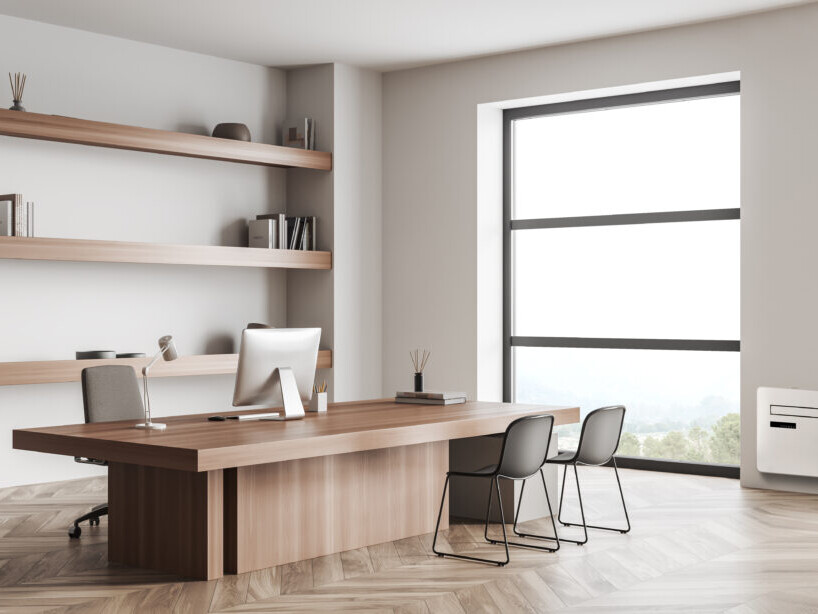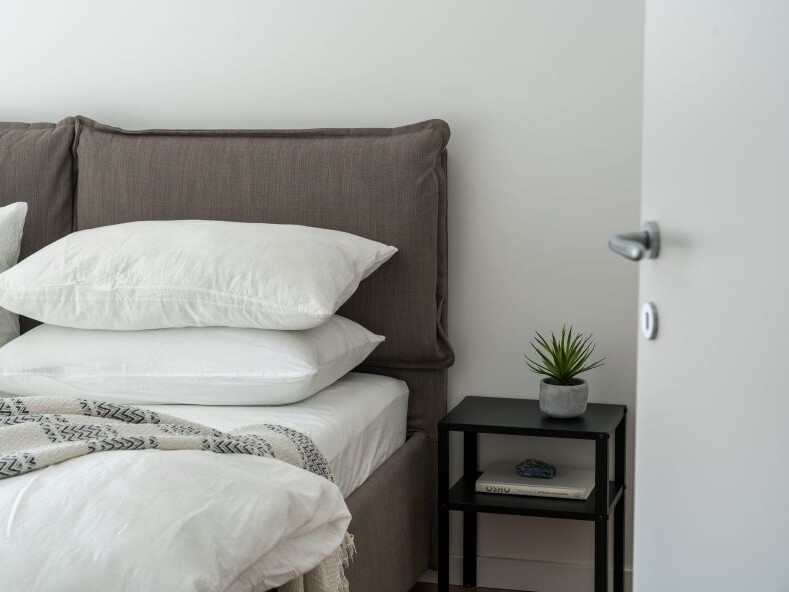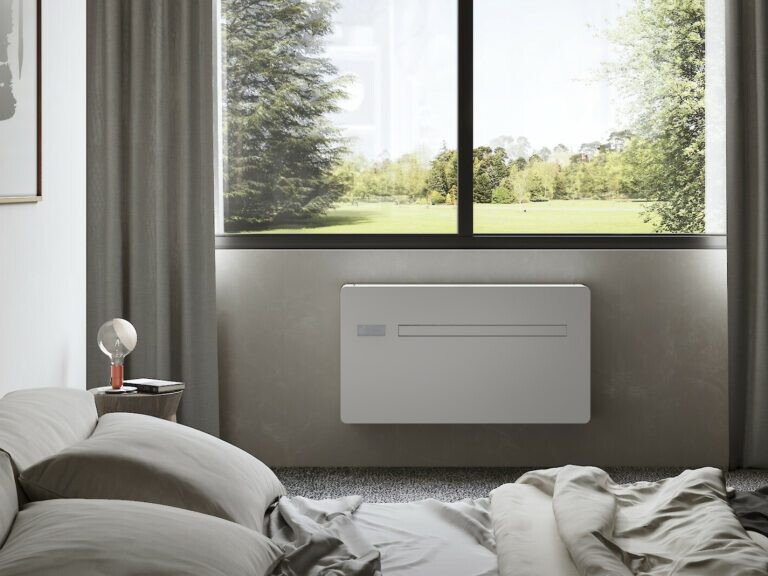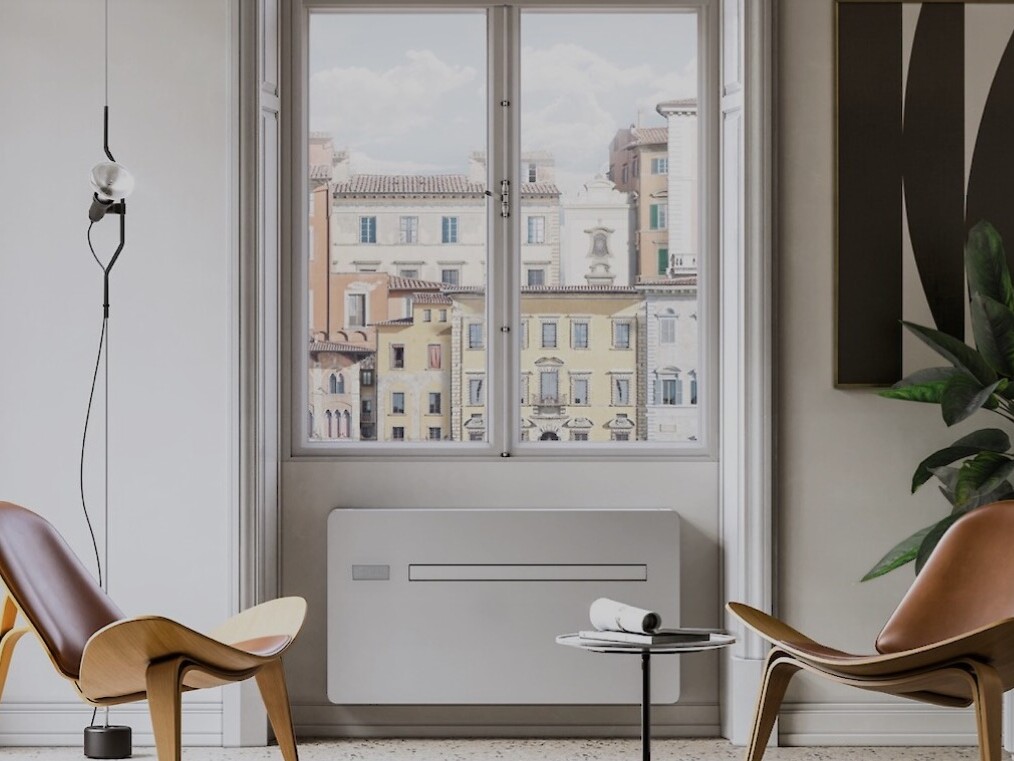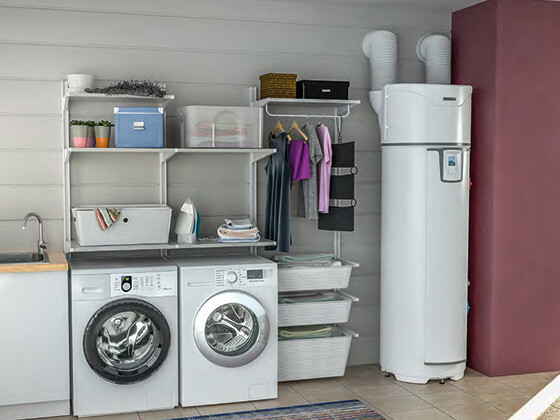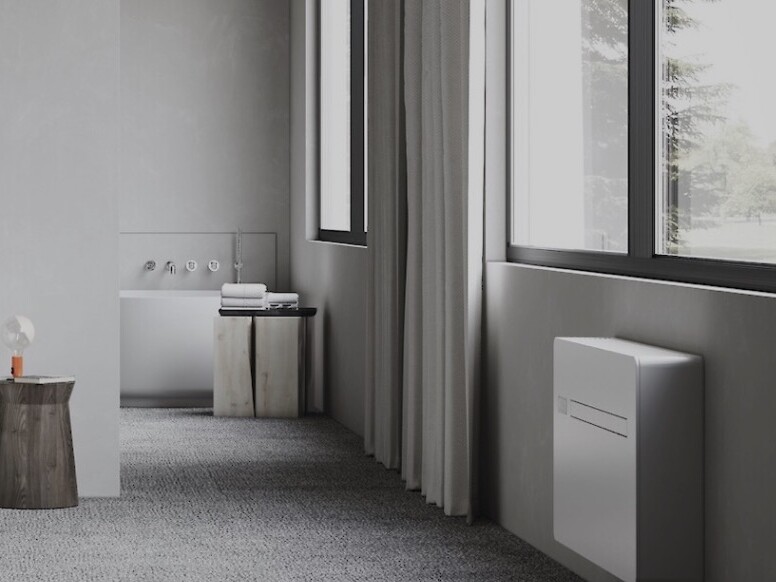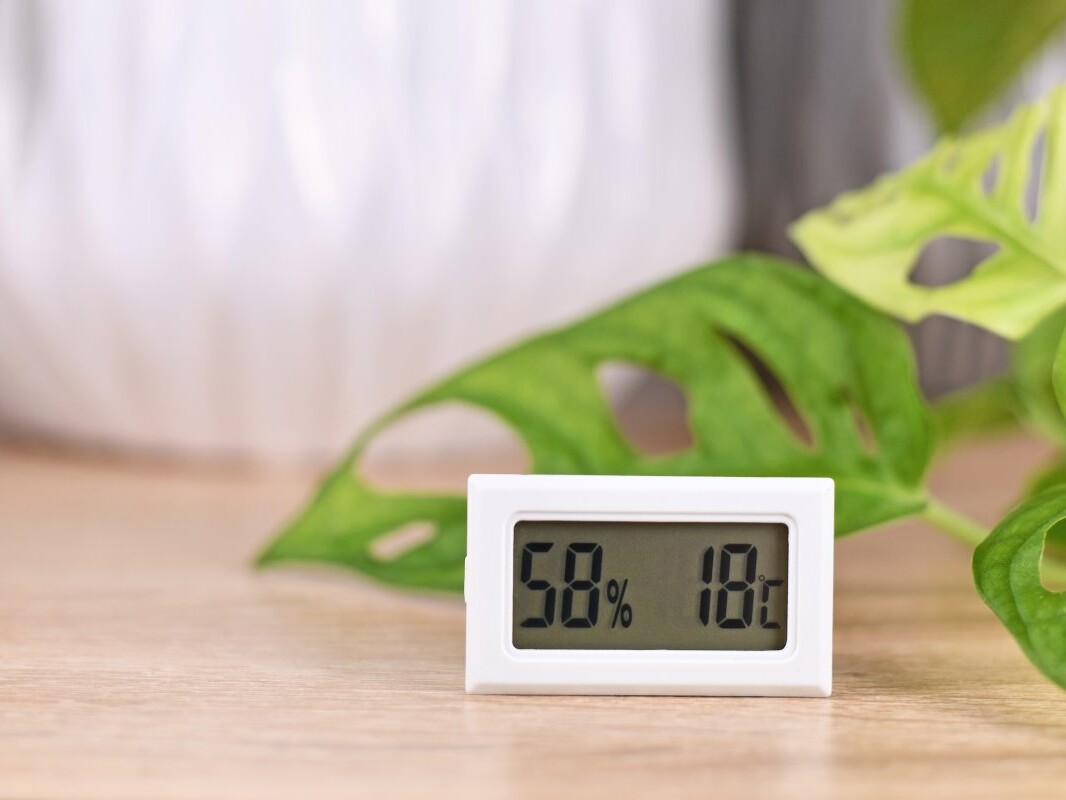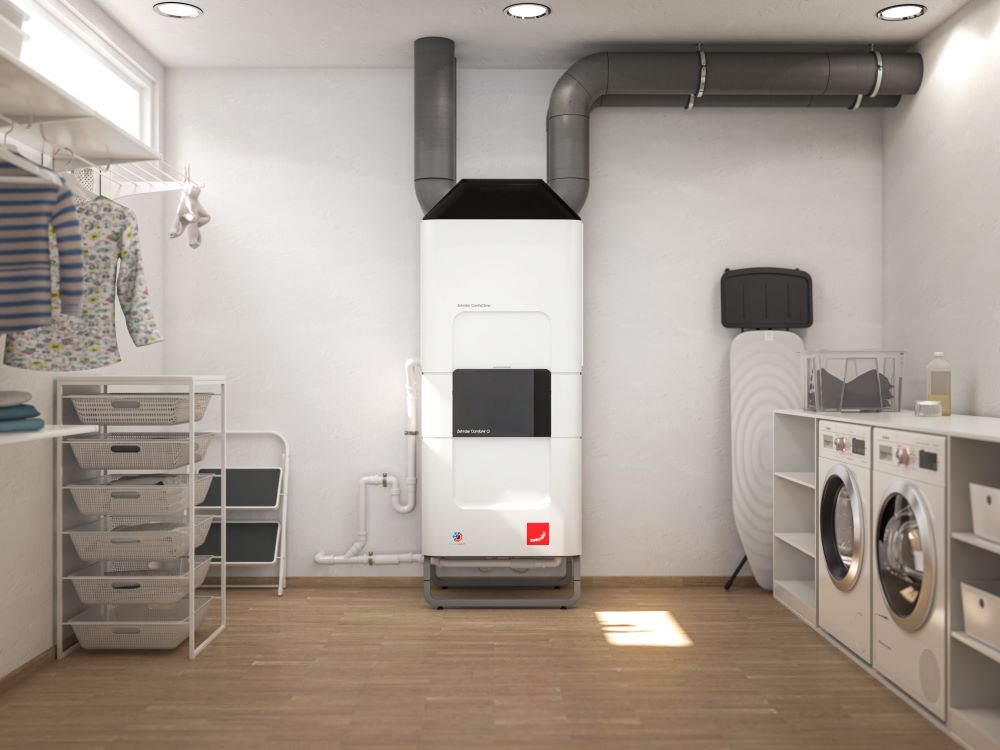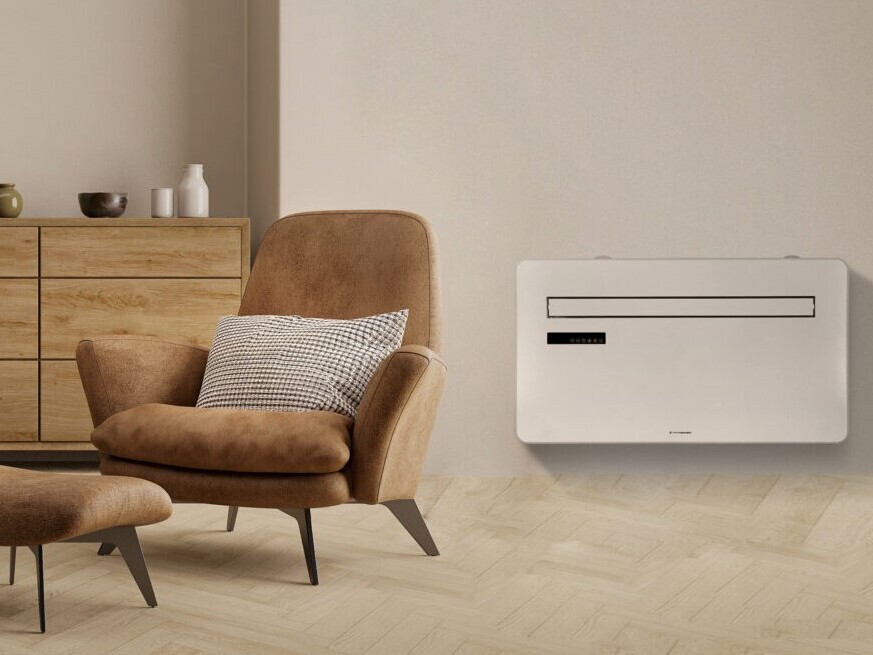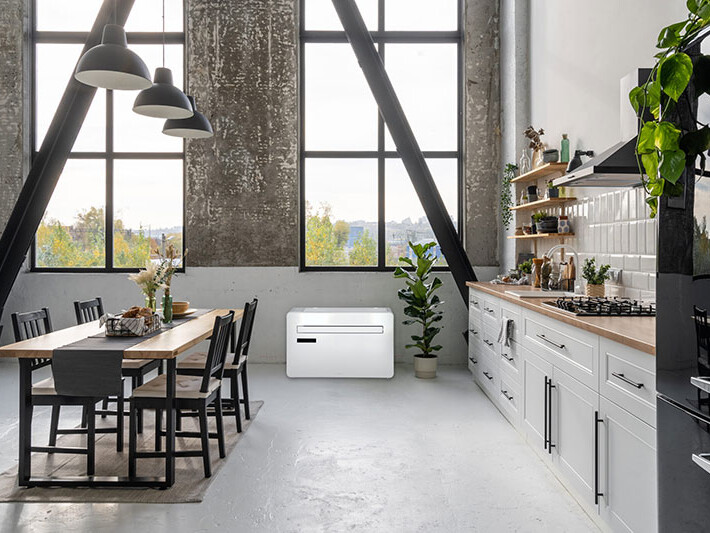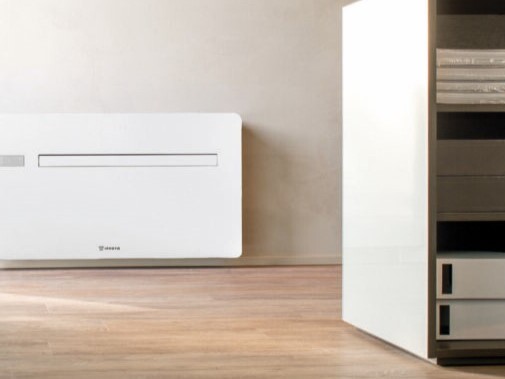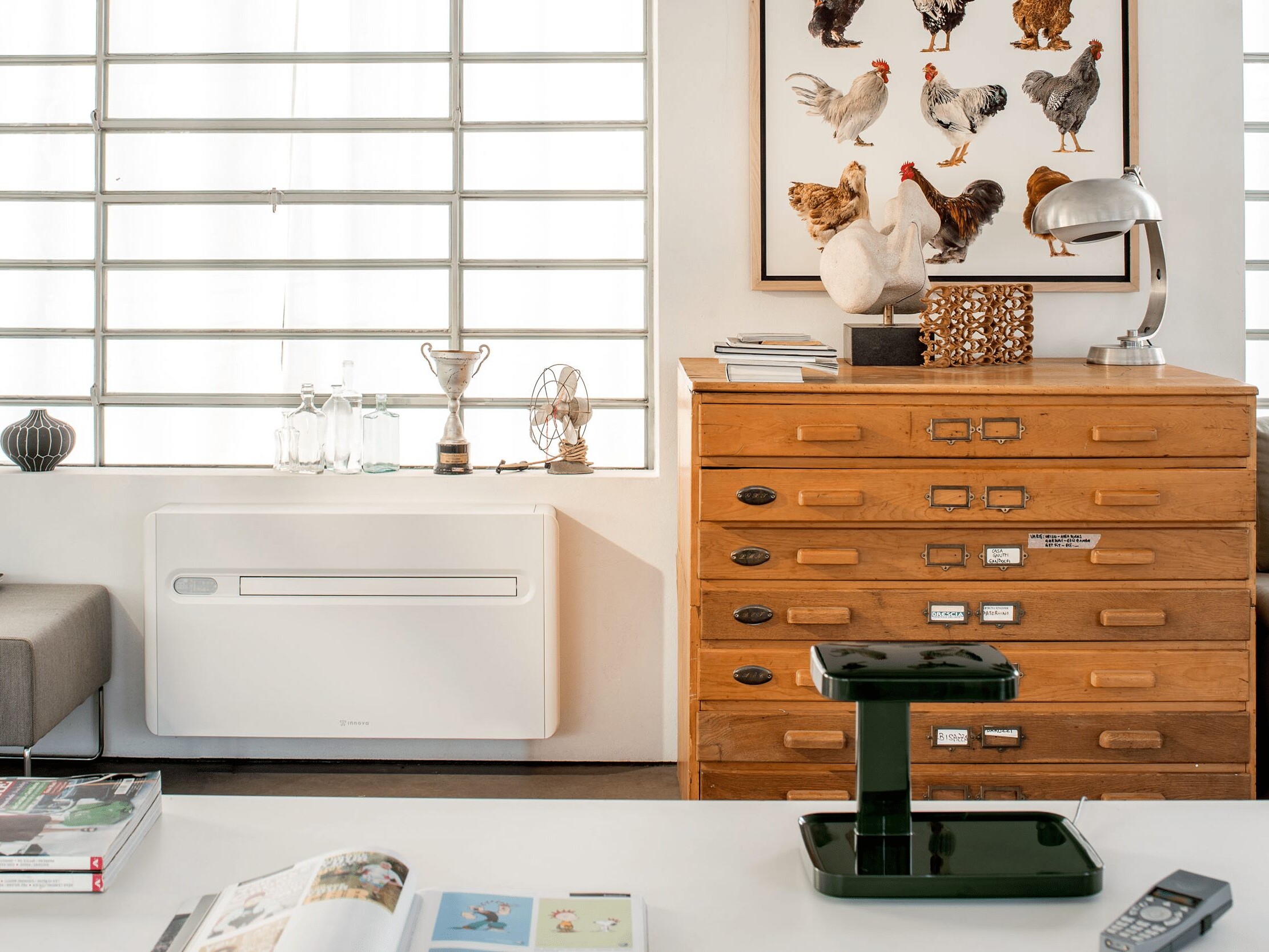
Now that the days are warmer, we are quick to look for ways to keep our apartment or home cool. Under the motto "a prepared man/woman is worth two," we have gathered the most effective ways to keep your home cool yourself during a heat wave. Our tips:
Why does your home heat up so easily?
You've probably experienced it before: it's hot outside and you see the mercury rising quickly inside as well. The fact that it heats up so quickly indoors can have several causes.
- Direct sunlight coming in through windows can quickly raise the temperature in the home, especially for windows facing south or west.
- Heat can also penetrate through walls, roofs and floors, especially if they are inadequately insulated. In addition, if there is insufficient ventilation, hot air cannot escape and temperatures continue to rise.
- In addition, some building materials, such as concrete and asphalt, store heat during the day and release it slowly in the evening and at night, keeping temperatures high.
Negative effects of heat in the home
Heat in the home is not only unpleasant, it also brings a variety of negative consequences. In general, we can distinguish two categories of consequences:
- Health implications
- Effects on the home
Effects on your health
Many studies have been conducted on the impact of heat on people's physical health. The World Health Organization appoints it therefore as an important environmental and work-related health threat:
- During very hot days, our bodies give off various signals indicating discomfort from the heat. For instance, we sleep worse, which can lead to fatigue and irritability. We become less alert, feel lethargic, and sometimes have difficulty breathing.
- In addition, heat also greatly affects your concentration ability and your performance, as working or learning in a room that is too hot is difficult.
- Furthermore, heat can cause a range of physical ailments. You might experience skin rashes, swollen limbs, or heat cramps. You may also feel a dry mouth or have headaches, which are often the first signs of dehydration.
- These physical ailments can lead to heat exhaustion or, in extreme cases, heat stroke. Symptoms of this include pale skin, increased heart rate, dizziness, fainting, fatigue and severe headaches. However, this is dangerous, so intervene immediately if you experience these symptoms.
- Heat waves can also be accompanied by dangerous air pollution.
The health effects of heat depend on when, how intense and how prolonged the heat is. Older people and those with chronic illnesses are at greater risk of these effects. Therefore, it is crucial to keep your home cool, drink plenty of water and use sunscreen with a high protection factor to minimize these effects.
Effects on your home
High temperatures, especially when combined with high humidity and when the heat is prolonged, can cause significant damage to your home.
- Similarly, the roof, which is made from various materials, can be damaged by heat. This heat can cause leaks, leading to damage in other parts of the house. Additionally, the roof can expand and warp, resulting in cracked roof tiles and future leaks.
- Also, other structural elements of the house are vulnerable to heat. Windows and doors can warp or even break under intense heat. In addition, the soil around the foundation can shrink due to heat, which can cause cracks and damage to the foundation.
- Wood especially suffers during hot days.Wooden furniture, floors or gates, can warp or expand due to humidity often associated with extreme heat.
- When the indoor temperature rises above 27 degrees Celsius, the electrical devices as refrigerators, freezers and air conditioning systems use more energy to keep the house cool. In addition, overheated ones can also cause fires.
Heat waves can be dangerous for your home and your health, but with the right measures, you can limit the damage and protect your home from the effects of extreme heat.
Prepare your home for hot summers
Climate change increases the likelihood of heat waves. Therefore, it is important to protect your home from this. The first set of tips includes modifications to your home to keep it as cool as possible.
Tip 1: Insulate your home
Insulating a home offers many benefits. In winter, good insulation helps your home warm up faster and retain the heat. In summer, it works the opposite way: well-insulated roofs and walls help keep the heat out. Insulating glazing can also contribute to a cooler home.
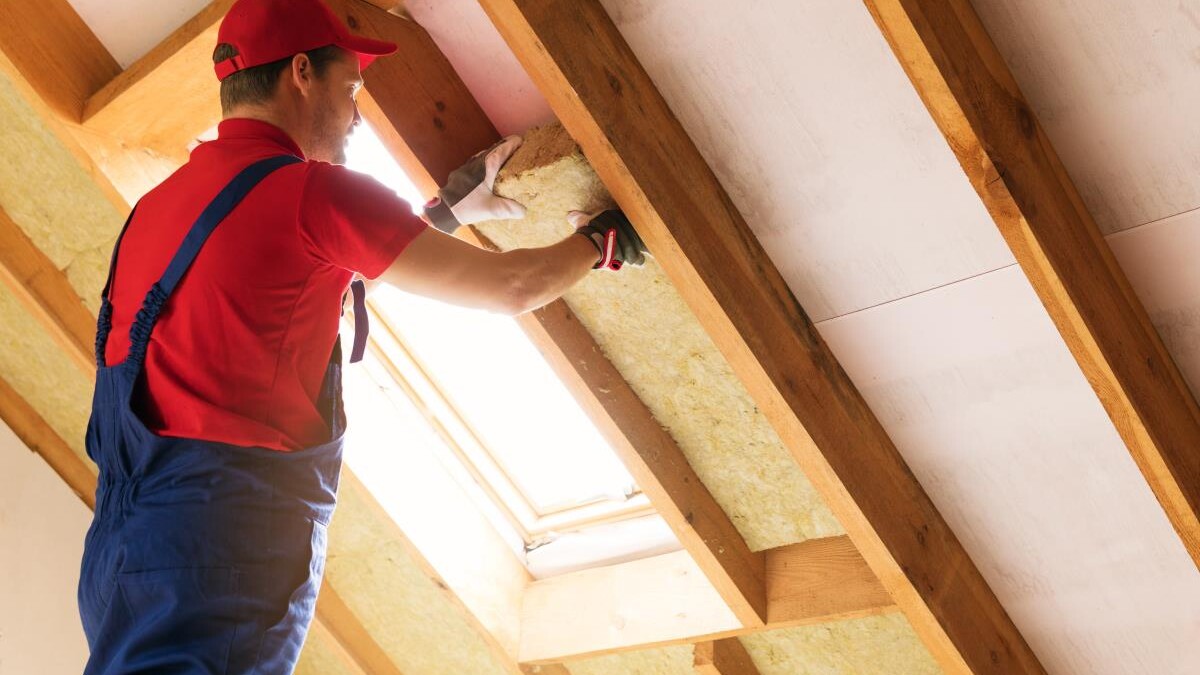
Tip 2: Make sure you have good blinds
Insulating your home is often not enough to keep it comfortably cool inside. Once the heat does find a way in, insulation prevents it from escaping. This is why it is wise to install shading as well. This is because blinds go beyond providing privacy and darkening your home, but also help keep the heat from the sun out.
There are numerous awning options, so you're sure to find something to suit your home. Some examples include:
- Indoor blinds such as fabric curtains, blinds, vertical blinds and Venetian blinds.
- Outdoor awnings such as louvered shutters, roller shutters or solar screens.
To keep your home cool, it is essential to install blinds on south-facing windows. Solar control glass or solar control film can also be useful, although they are less effective at blocking the sun's rays.
Tip 3: Bring greenery into your home
Did you know that plants act as natural air conditioners? It may sound surprising, but this has been scientifically proven. Plants near windows or on the patio buffer heat and protect your home as they capture sunlight and evaporate water. In addition, indoor plants that are watered regularly can lower the temperature in your home by several degrees due to their humidity. So don't hesitate to place all your plants in the warmest room in your home.
Want to go one step further? Then opt for a green roof and/or a green facade. Not only does it look nice, it helps keep your home cool.
Tip 4: Invest in an air conditioner or heat pump
Although not new, it remains a highly effective tip to prepare for a hot summer. A fixed air conditioner, often called an air-to-air heat pump, quickly brings your room to the desired temperature. Modern air conditioners come equipped with ventilation and air-purifying functions, which not only cool the air but also improve the indoor climate. When properly matched to the space, they are very energy-efficient. Moreover, they are not only a useful investment during hot summers but also prove to heat spaces quickly and efficiently during colder days.
Keep your home cool during the heat of the battle
Have you made all the preparations and prepared your home for the upcoming heat wave? Or are you just reading this article now that the heat has caught you by surprise? If so, we have some quick tips you can use to keep your home cool.
Tip 5: Close your home during the day and only ventilate in the evening
This is another frequently mentioned tip, but we like to repeat it. During the hottest hours of the day, it is advisable to keep windows and doors closed and use blinds. That way it stays pleasantly cool inside and keeps heat out. Once the sun goes down and it is cooler outside than inside, you can open the windows to let fresh air in.
When you are ventilating, try to encourage airflow by opening windows opposite each other as soon as it cools outside. When doing so, pay attention to the direction of the wind; heat rises, so if the wind is blowing at the front of the house, for example, open windows downstairs at the front and upstairs at the back. Make sure cooler air has plenty of time to circulate. This is because thick, solid walls absorb a lot of heat and need more time to release that heat again.
Tip #6: Turn off as many electrical appliances as possible
Televisions, computers, printers, (microwave) ovens and other electrical appliances not only consume energy but also produce heat. Turn them off completely (i.e., not in standby mode) to significantly reduce the temperature in your home. In summer, it is also better to use the oven as little as possible.
Tip 7: Use a fan and/or humidifier
An effective way to keep your home cool is to use a fan in conjunction with a wet towel or water bottle. Point the fan at a cool water source, such as ice cubes or a bottle of frozen water. The resulting airflow will feel cooler as the water evaporates, removing heat from the air.
If the air in your home is very dry, you can use a humidifier to add some moisture, as this also has a cooling effect.
With these tips, you are guaranteed to keep your home and mind cool during the summer months. Looking for an immediate and permanent solution? Consider an air conditioner without an outdoor unit. Contact AeroConsult now for more information or check out our range on our webshop.
Want to learn more about the benefits of air conditioners? Check out our latest blog posts now.


